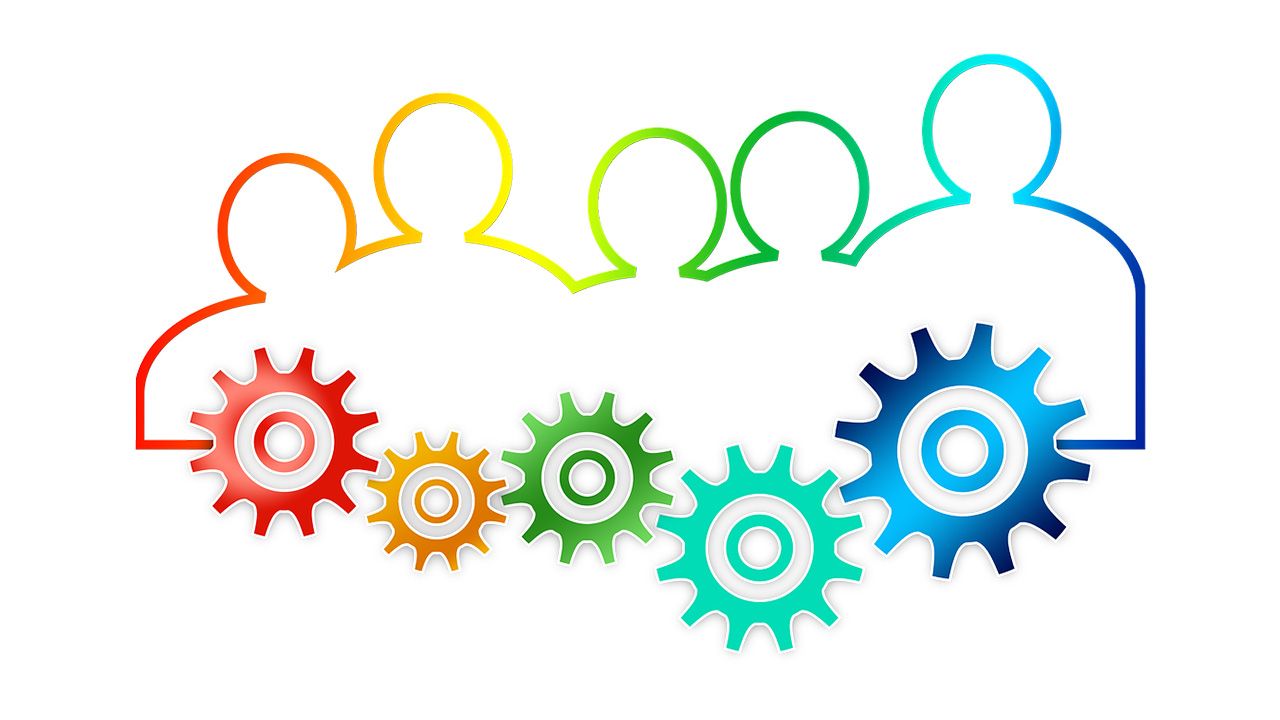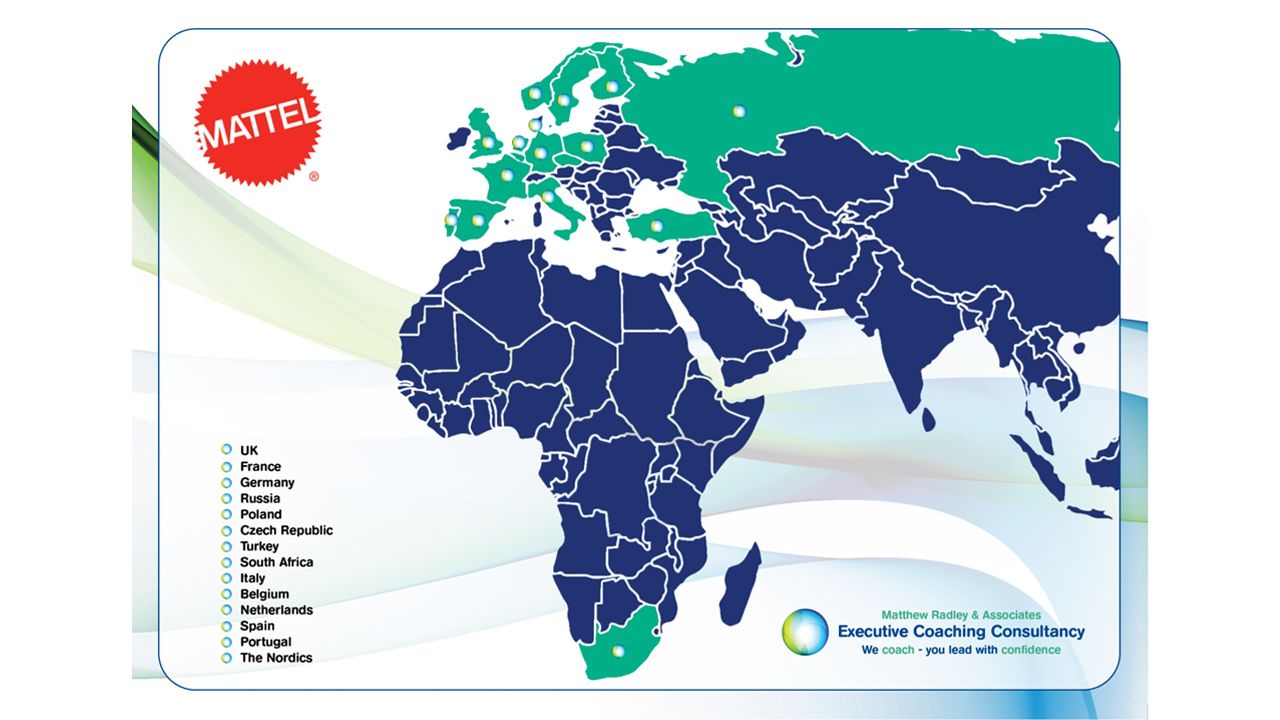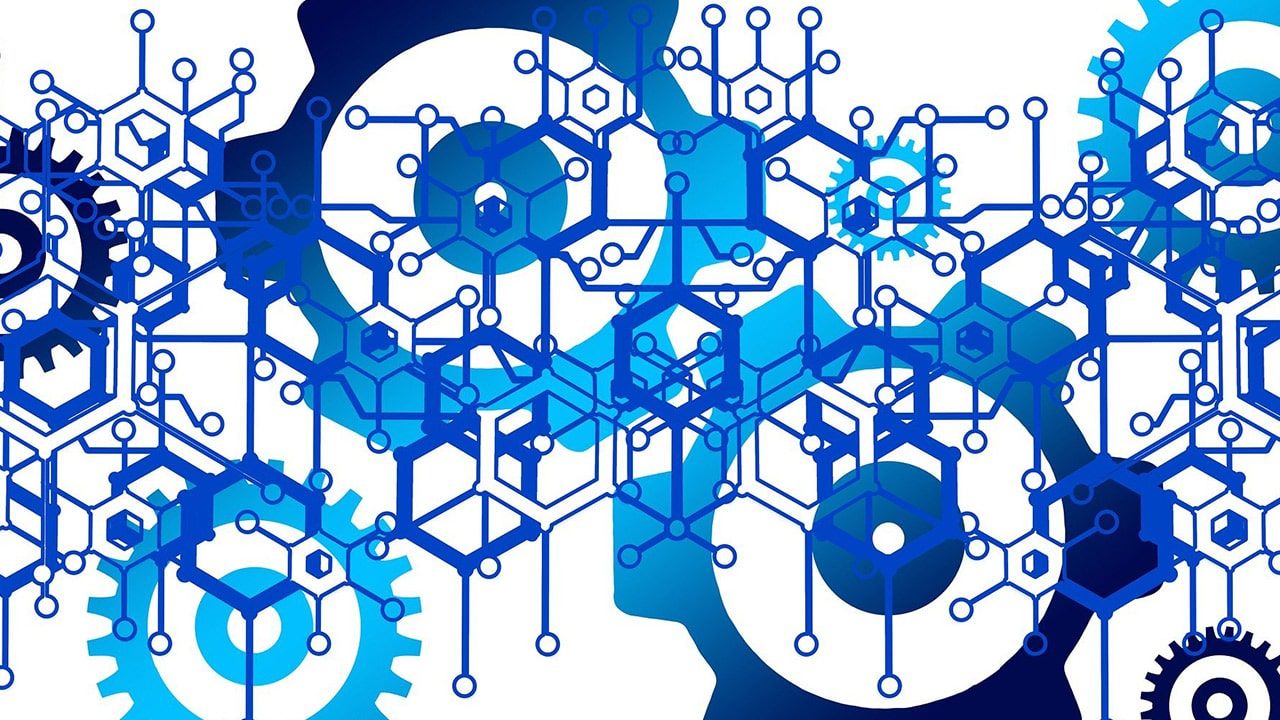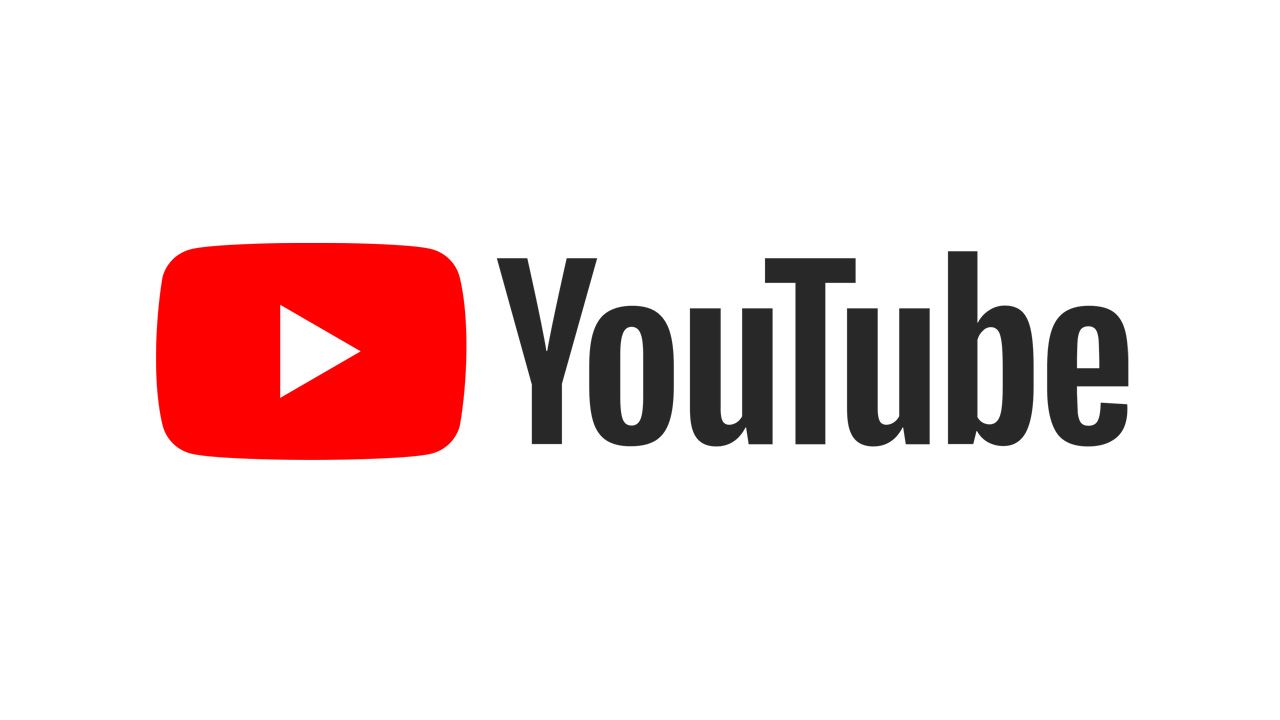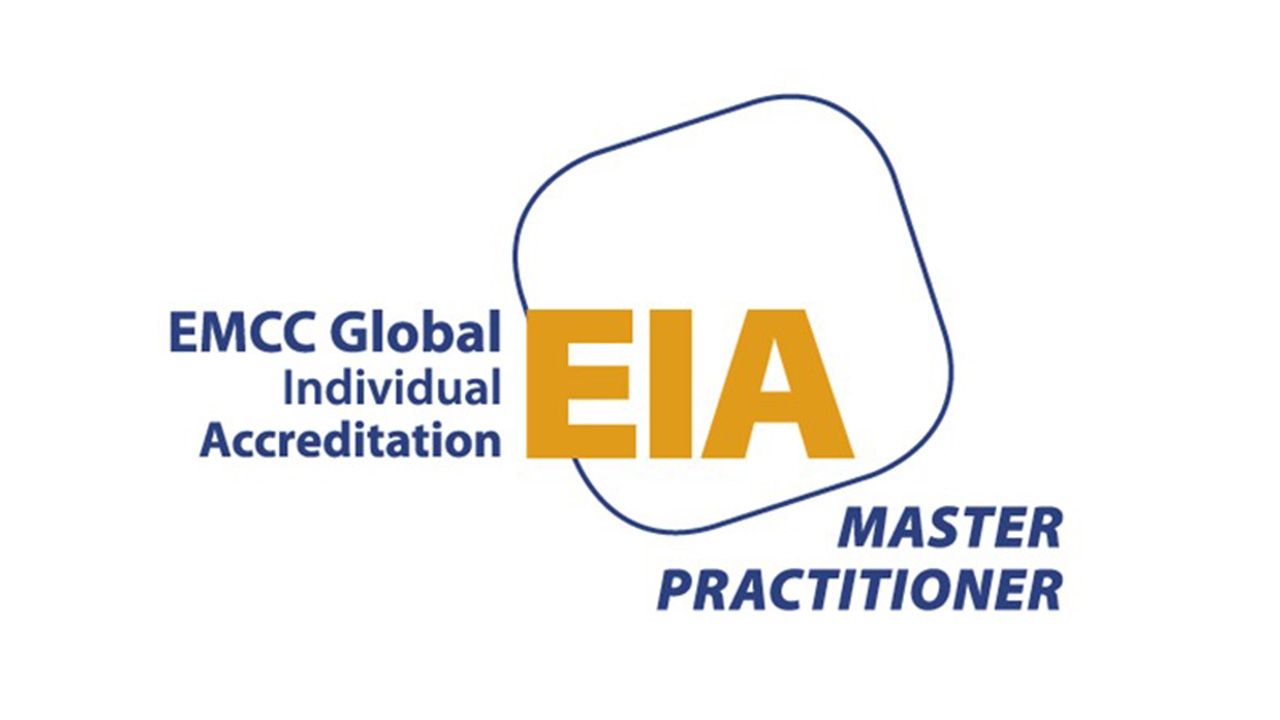Blog
Championing Diversity, Equity and Inclusion in our profession
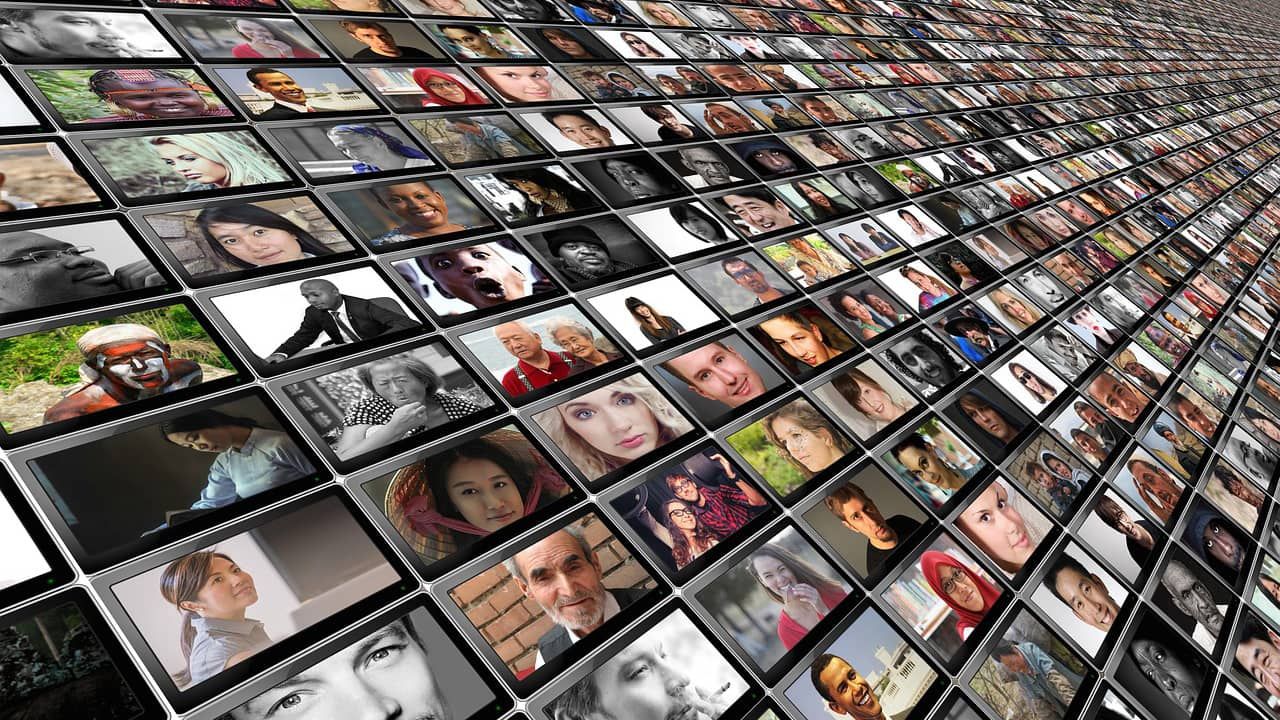
At MRA we know that as professional coaches working in partnership with our clients we have a clear role to play in fostering, cultivating, and preserving a culture of diversity, equity and inclusion (DE&I) for everyone we engage with. The majority of organisations we work with also have a clear focus on DE&I and a commitment to creating fair and inclusive cultures. Indeed, beyond the moral responsibilities, there are clear benefits to organisations of creating diverse cultures and increasing acceptance, tolerance and trust - a recent Forbes.com article stated that ‘diverse workforces lead to diversity of thought, greater innovation and better business outcomes. A study by McKinsey found the most diverse organisations outperform competitors by 33% and are 21% more likely to experience above average profitability. Decision making by diverse teams delivers better outcomes than that of individuals 87% of the time’. There are only good reasons to ensure that DE&I is front and centre of how things get done!
To ensure that DE&I is front and centre of our thinking at MRA we asked ourselves some questions… What is important about DE&I to us as an organisation? As professional coaches? How do we bring increased DE&I consciousness to our practice? How do we use this to challenge our thinking and how we deal with difference? How do we support and challenge the organisations we work with to create more inclusive, equitable and diverse cultures? How do we support and actively champion DE&I in our profession?
As part of our commitment to professional standards and to ensure that we integrate a clear understanding of how our conscious and unconscious biases can impact our coaching practice, we have committed to educating ourselves so that we raise our awareness of how our privilege impacts who we are, how we show up, how it can help our coaching and, importantly, how it can get in the way. An important part of educating ourselves is having the conversations that provoke discomfort, facing who we are, and feeling a level of unease, whilst learning at the same time. To do this we work alongside DE&I experts to challenge our thinking and enable these conversations to take place. Working with Diverse Matters has helped create an environment where we can openly discuss, question and learn from people who have direct experience of what it means to be on the receiving end of discrimination. By raising our consciousness, enabling conversations that would not ordinarily have taken place, and creating an environment for listening and learning we have started to implement tangible actions that will benefit impact our coaching practice.
A clear must-have for committing to DE&I as an organisation and as individuals has been to develop our own DE&I policy; we have committed to fostering, cultivating, and preserving a culture of diversity, equity and inclusion for everyone we engage with – our coaches and our clients. Through this policy we have also developed a common language to ensure we all work to the same understanding:
Diversity - the ‘categories’ of identity that inform our unique experiences, backgrounds, and self-awareness. Valuing people’s differences and treating them in a way in which they would like to be treated
Equity - creating fairness by providing individualised support to compensate for differences between people. Equity acknowledges the privilege afforded to certain individuals and attempts to level the playing field
Inclusion - taking positive actions to include people from all sections of society
In addition to creating our DE&I policy we acknowledged that there was a need to bring this thinking into our actions as professional coaches. How do we check our own privilege and assumptions as we start working with clients? How can we proactively and consciously deal with difference? The ABCD tool of Working with Diversity (Katherine Collins – coach, counsellor and founder of LGBTQ+ coaching service, Out and About) provides a useful starting point for doing just that when, as a coach you find yourself sitting opposite someone who, at first glance, seems different to you. The ABCD acronym stands for Assumptions, Barriers, Check your privilege and Discuss your difference (if appropriate):
Assumptions – What assumptions do you have about this person opposite? What assumptions might they have about you?
Barriers – What obstacles might your client be facing in order to reach their goals?
Check your privilege – facets of privilege include gender, gender identity, sexuality, ethnicity, age, class, religion, mental or physical wellness and ability. Ask yourself: “Am I feeling this way because I am approaching this from a position of privilege?”
Discuss your difference (if appropriate) - the aim here is to make the implicit explicit, bringing the doubts and fears clients might have about working with you as the coach out in the open, so you can talk about them together. By bringing our difference into the room, it makes this a permissible subject for discussion.
The simple approach provides a framework for helping to raise our own self-awareness as we enter into a coaching relationship and has proven to be a useful supplement to creating an understanding of what may be distracting us from being fully present and committed to the success of the client. In developing our own coaching capabilities we are acutely aware of the role that ‘ego’ plays in impacting our ability to coach successfully; ego being ‘the false identity that your mind constructed and then you took up residence in’ (Brandon Bays). By exploring ourselves through this additional lens of DE&I we are able to more readily notice and acknowledge our biases, look to create a sense of detachment from them, and then consciously choose our responses (Julie Starr 2011). Only from this position of heightened self-awareness can we ensure that we bring our best selves as coaches and that we are showing up ‘coach-ready’.
In addition to the questions we ask of ourselves as coaches, we also need to be mindful of the system within which the client is operating. How does their organisation support and enable inclusion? As we have explored in a separate blog - ‘Systemic Coaching – who really is the client? - only by being conscious and aware of the interconnected nature of the system within which the coaching is taking place can we have maximum impact. As coaches working within our client’s systems, we are acutely aware of our responsibility to ‘call it out’ knowing it is not enough not to be racist… but to strive to be anti-racist, highlighting racial microaggressions and playing our part in standing up against discrimination
So what have we learned so far? By far the biggest learning is to be compassionately curious with others, to be courageous and to have the conversations that may make you feel uncomfortable but ultimately will move your understanding and thinking forward. Don’t get stuck in inaction because of guilt and fear of saying the wrong thing. Speak up, and in doing so feel uncomfortable whilst raising your own awareness - open yourself up in order to understand more.
As Diverse Matters have stated - embedding diversity and an inclusive culture is an ongoing process but the journey is worth it.
If you’re interested in training with us to be a Level 5 EMCC-accredited professional coach or if you would be interested in working with us through one of our other coaching programmes then please contact us
